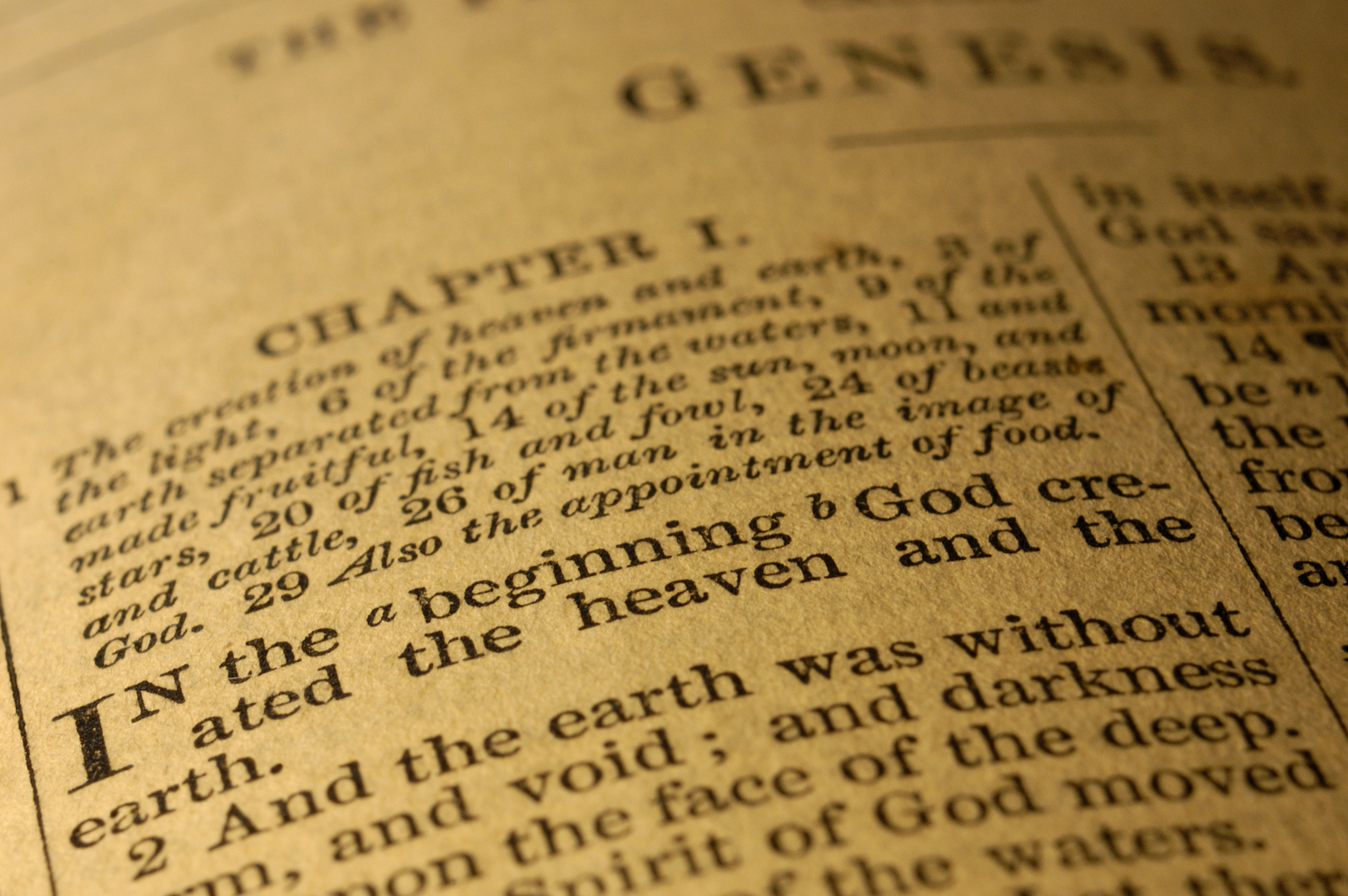“In the beginning, God created the heavens and the earth” (Gen. 1:1).
The Bible opens with a burst. In 10 short words, the Scriptures introduce us to a cornucopia of truths that are instrumental to understanding ourselves, our world and our God.
The inaugural words of God’s Word swirl with life, sound and truth.
First, we see the sovereign instigator of all things is God. He is the first. Before all things were, He was.
Second, we see God is active. He does not sit idly. God creates. He purposes, designs, forms and decrees.
Third, we observe that God created everything. God created the earth and all it contains. God created the heavens and all they contain. As John says of Jesus in the opening words of his Gospel, “All things were made through him, and without him was not any thing made that was made” (John 1:3).
The writer of Genesis wants readers to know God is King. There is none beside Him. God alone.
What follows are 66 books full of color. These pages flow like an intricately orchestrated symphony. One finds loud, brash crashes as well as the soft whispers of ethereal strings. Throughout the sonnet, a single melody weaves its way—dancing as though entirely central, yet found as clearly at the periphery as the middle. This melody, we learn, is the Word that would be made flesh—God the Son, Jesus the Messiah.
Some 31,000 verses after the opening words of Genesis, the Bible reaches a final lyric. The Bible’s benediction is as concise, yet powerful as its invocation:
“The grace of the Lord Jesus be with all. Amen” (Rev. 22:21).
What began as an explosion of sound, birth, joy and light ends on a suspended decrescendo. Yet, just as the dust settled from the opening rupture, we find foundational truths in the fade.
The difference between the beginning and the end of the Bible is not in God—He remains the same. We know God in His power, uniqueness and glory from Genesis 1, but consider what the closing verse tells us about this God.
Somewhere between the beginning and the end of the Bible, this God has disclosed Himself in a personal way. He is Jesus. He is gracious, and that grace does not stand at arm’s length from us—waiting for our merit. The grace of God is with us.
God with us. That is the theme whispering itself through every melodic turn and struck chord of the Bible’s symphonic exploration. From the angels’ climactic burst of song as Jesus arrives, through the screeching of the cross, and the crescendo of the resurrection, the Bible tells us not what has changed, but what has transpired. In the beginning, God. But by the end of the Bible we learn—God with us.
Advent is a season of hope. It’s a season of waiting. Just as boys and girls go to bed on Christmas Eve anticipating the fulfillment of their expressed hopes and dreams, so too Advent anticipates an arrival of a far-eclipsing magnitude.
Advent holds the truth of Genesis 1:1 that God is and holds it up in the hope of God with us.
The end of the Bible tells us plainly that all of our wildest hopes are true in Christ.
The grace of the Lord Jesus is with us all. Amen.
